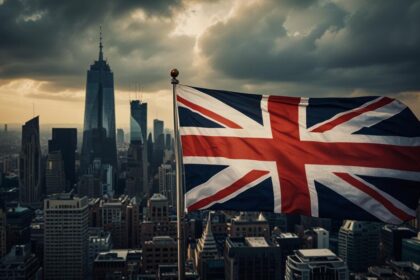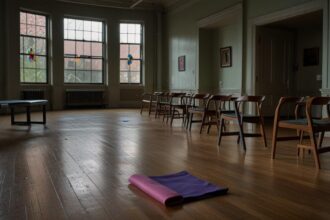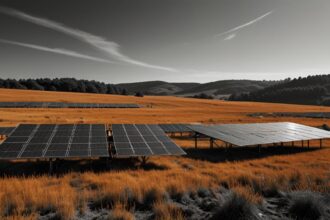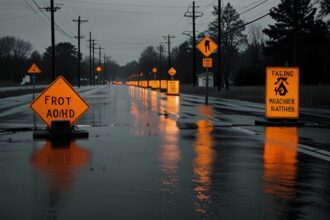The Category 5 Hurricane Beryl has wreaked havoc in the Caribbean, causing widespread damage and fatalities in Grenada, Jamaica, the Cayman Islands, and Venezuela. The storm’s rapid intensification and early Category 5 status have meteorologists concerned amid forecasts of an above-normal hurricane season.
Hurricane Beryl, a Category 5 storm with wind speeds exceeding 160 mph, has significantly impacted the Caribbean region, causing widespread damage and fatalities. The hurricane has affected multiple locations, including Grenada, Jamaica, the Cayman Islands, and Venezuela.
In Grenada, where Beryl first made landfall, the storm led to the destruction of approximately 98 percent of the buildings. The Prime Minister of Grenada, Dickon Mitchell, reported no power and impassable roads, fearing an increase in the death toll. Nearby Carriacou and Petit Martinique also sustained severe damage, with numerous homes and businesses destroyed. Three fatalities were confirmed in Grenada, with an additional death reported in St. Vincent and the Grenadines.
Tourists, including American honeymooners, were trapped in their hotel suites due to the storm. For instance, Emma and Alex Steinke from Chicago had to stay inside their honeymoon suite at the Sandals resort in Grenada, documenting their experience on social media.
In Jamaica, authorities have issued a hurricane warning and imposed curfews as strong winds and life-threatening storm surges are expected. Prime Minister Andrew Holness has urged residents to evacuate from flood-prone areas. Parts of Jamaica have already experienced power disruptions.
Three people in Venezuela were also killed due to flooding and heavy rains brought on by the hurricane. Further, the National Hurricane Center predicts that Beryl could lead to heavy rainfall, flooding, and mudslides in Jamaica and the Cayman Islands, with impacts expected to extend to the Yucatan Peninsula and Belize.
Beryl is noted for its rapid intensification and record-breaking early development, being the earliest storm to reach Category 5 intensity in the Atlantic. Meteorologists attribute its powerful intensification partially to climate change. The National Oceanic and Atmospheric Administration forecasts an above-normal hurricane season, with several major storms potentially developing.













